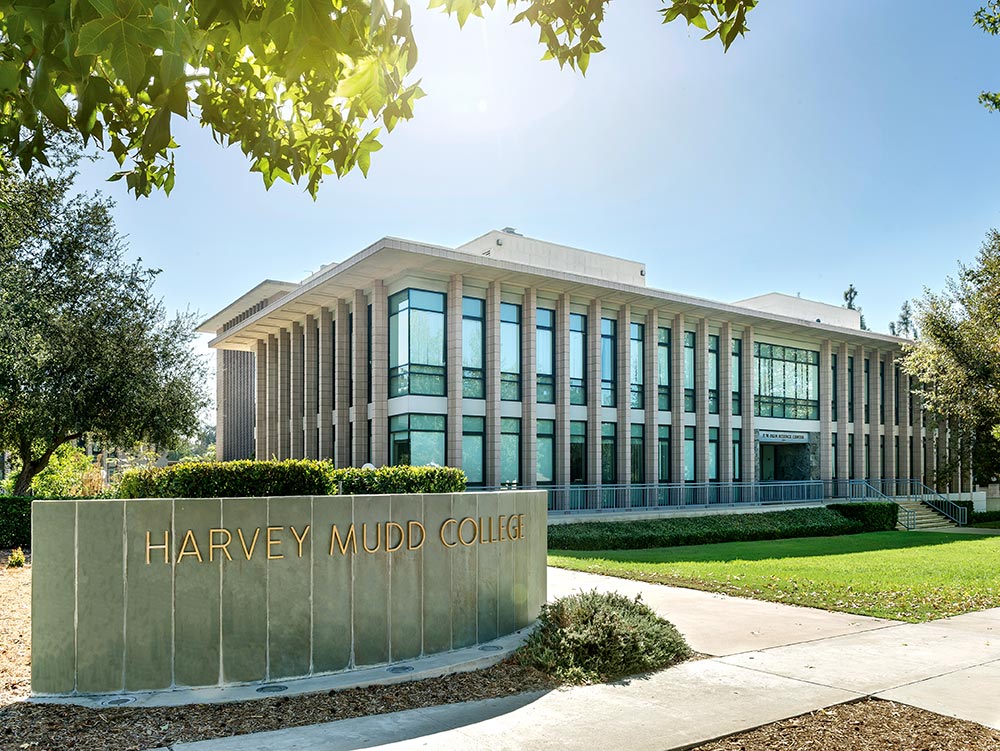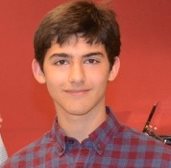Music Informatics Research Accepted to International Workshop
September 16, 2019
Research on machine learning and music is a burgeoning interdisciplinary field that encompasses data-driven approaches to the production, analysis and retrieval of music. Joint major in computer science and mathematics Mazda Moayeri ’20 knew very little about music informatics and deep learning, but that didn’t stop him from taking on this challenging new area. The result? He is co-author of a paper that was accepted to the 12th International Workshop on Machine Learning and Music held in conjunction with the European Conference on Machine Learning and Principles and Practice of Knowledge Discovery in Databases in Würzburg, Germany Sept. 16.

Mazda Moayeri ’20
Moayeri wasn’t able to attend the workshop, so the paper “Neural Symbolic Music Genre Transfer Insights” was presented by his supervisor and mentor Gino Brunner, who joined many scholars giving papers about applications to music and machine learning. Accepted papers are published by Springer Verlag under their Lecture Notes in Computer Science series.
“Imagine if you could feed your favorite classical piece to a machine and have the machine render it as a jazz piece,” says Moayeri, who wrote a 30-page thesis and combined his work with another student’s. “Specifically, I studied and developed an architecture based on autoencoders and generative adversarial networks. Additionally, I aggregated a dataset of hundreds of thousands of melody segments in a variety of genres, trained multiple genre classifiers for either isolated melodies or full multi-track musical segments and used attribution techniques to better explain the decisions of the deep networks and reveal structural patterns of each genre domain.”
Moayeri’s educational odyssey began when he contacted swiss computer scientist Roger Wattenhofer, a professor at ETH Zurich, about working in his lab on algorithmic and systems aspects in computer science and information technology. Being accepted in Wattenhofer’s lab paved the way for Moayeri to be admitted to the ETH Zurich program for the spring 2019 semester. He is the first Harvey Mudd student admitted to this study abroad program, which typically doesn’t accept students from colleges that do not award doctorates; Moayeri was granted an exception.
He completed a five-course Coursera Deep Learning specialization during winter break and spent several more weeks before the 2019 spring semester intensively studying relevant literature. After the summer research ended, Moayeri said he spent several weeks “pushing my research as far as I could, ultimately culminating in the publication.”
“This research was the most difficult academic task I have ever undertaken, and with that came a ton of apprehension,” Moayeri says. “As someone who had virtually zero experience in this field (deep learning), hopefully my experience can encourage others, like me, who get pretty scared and intimidated when faced with a new challenge.”
In 2017, Moayeri received an Exceptional Summer Student Award from the National Institutes of Health (NIH) for outstanding research conducted at the NIH’s National Institute of Neurological Disorder and Stroke. Moayeri was recognized for the high-quality of his summer internship work in non-invasive detection and monitoring of multiple sclerosis disease progression and for his presentation during NIH Poster Day.
